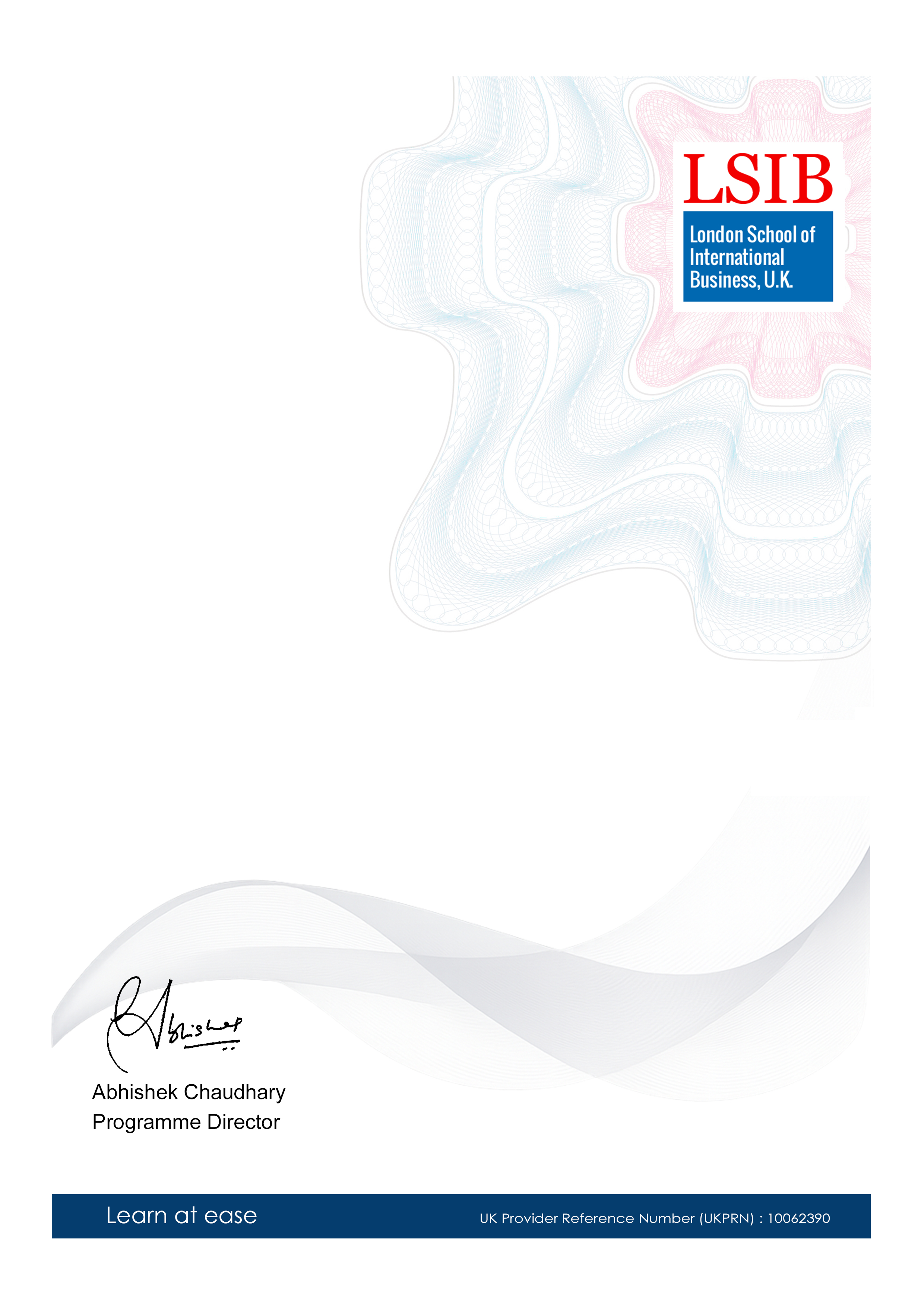Professional Certificate in Geospatial Targeting Techniques for Counterterrorism
-- viewing nowGeospatial Targeting Techniques for Counterterrorism: This professional certificate equips professionals with advanced skills in geospatial intelligence (GEOINT) and spatial analysis. Learn to analyze geospatial data, including satellite imagery, GIS, and crime mapping, for effective counterterrorism operations.
4,882+
Students enrolled
GBP £ 140
GBP £ 202
Save 44% with our special offer
About this course
100% online
Learn from anywhere
Shareable certificate
Add to your LinkedIn profile
2 months to complete
at 2-3 hours a week
Start anytime
No waiting period
Course details
• Geospatial Targeting: Principles and Methodologies
• Utilizing GIS Software for Counterterrorism Analysis (GIS, spatial analysis, crime mapping)
• Data Acquisition and Fusion for Geospatial Targeting (remote sensing, imagery intelligence)
• Geospatial Analysis Techniques for Identifying Terrorist Networks
• Developing Geospatial Targeting Strategies for Counterterrorism Operations
• Legal and Ethical Considerations in Geospatial Targeting
• Case Studies in Geospatial Targeting for Counterterrorism (successful applications, best practices)
Career path
| Geospatial Targeting Roles | Description |
|---|---|
| Geospatial Intelligence Analyst (Counterterrorism) | Analyze geospatial data to identify and track terrorist activities, providing crucial intelligence for counterterrorism operations. High demand, excellent salary potential. |
| Counterterrorism Targeting Specialist | Develop and implement geospatial targeting strategies, leveraging advanced techniques for precision strikes and minimizing civilian casualties. Requires advanced geospatial skills and strong analytical abilities. |
| Open Source Intelligence (OSINT) Analyst (Geospatial Focus) | Collect and analyze publicly available geospatial data to support counterterrorism investigations, identifying patterns and trends. Growing field with strong career prospects. |
| Crime Geographer (Counterterrorism Applications) | Apply spatial analysis techniques to understand terrorist networks, predict future attacks, and inform counterterrorism strategies. Requires strong GIS and data visualization skills. |
Entry requirements
- Basic understanding of the subject matter
- Proficiency in English language
- Computer and internet access
- Basic computer skills
- Dedication to complete the course
No prior formal qualifications required. Course designed for accessibility.
Course status
This course provides practical knowledge and skills for professional development. It is:
- Not accredited by a recognized body
- Not regulated by an authorized institution
- Complementary to formal qualifications
You'll receive a certificate of completion upon successfully finishing the course.
Why people choose us for their career
Loading reviews...
Frequently Asked Questions
Course fee
- 3-4 hours per week
- Early certificate delivery
- Open enrollment - start anytime
- 2-3 hours per week
- Regular certificate delivery
- Open enrollment - start anytime
- Full course access
- Digital certificate
- Course materials
Get course information
Earn a career certificate

